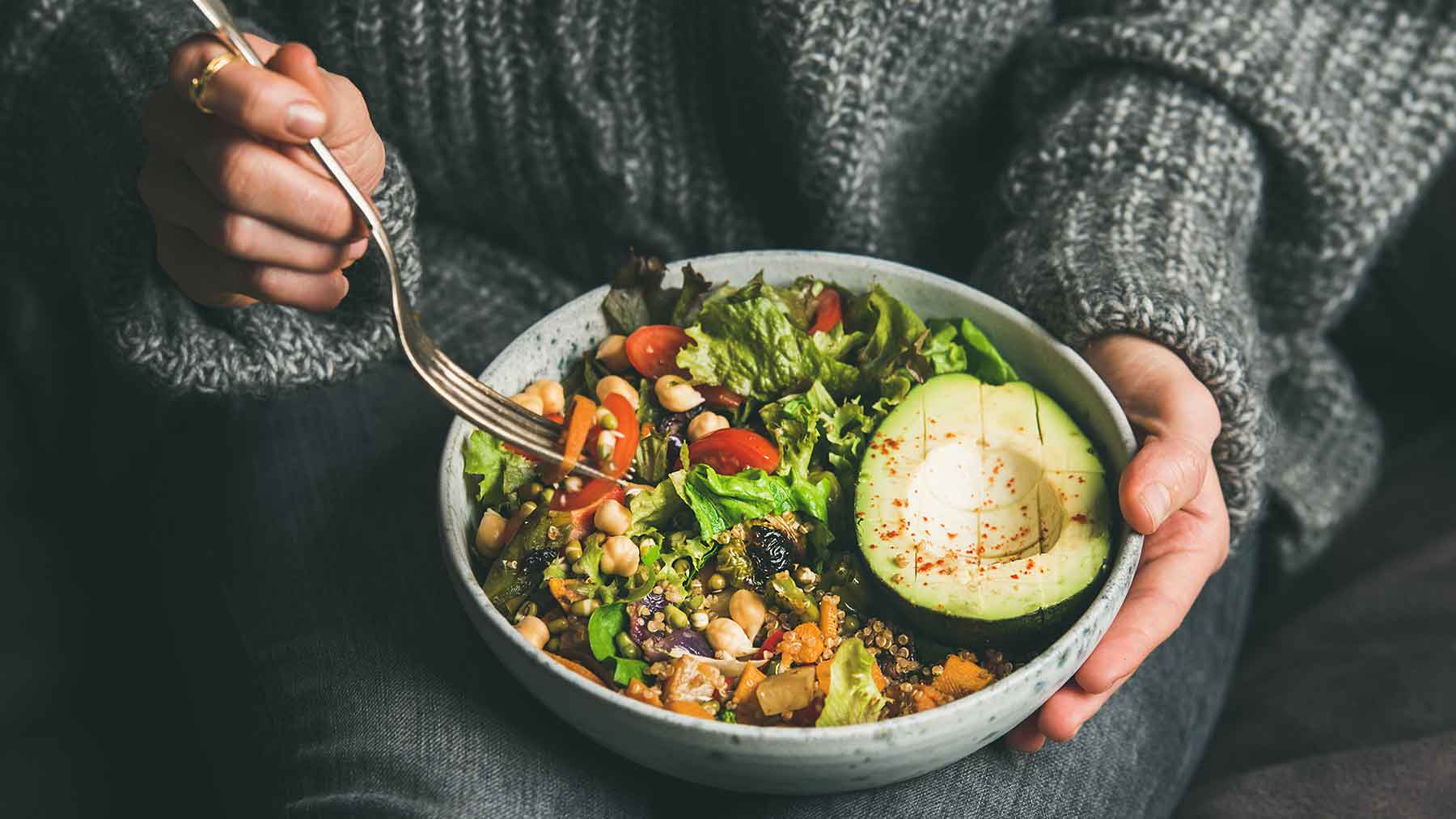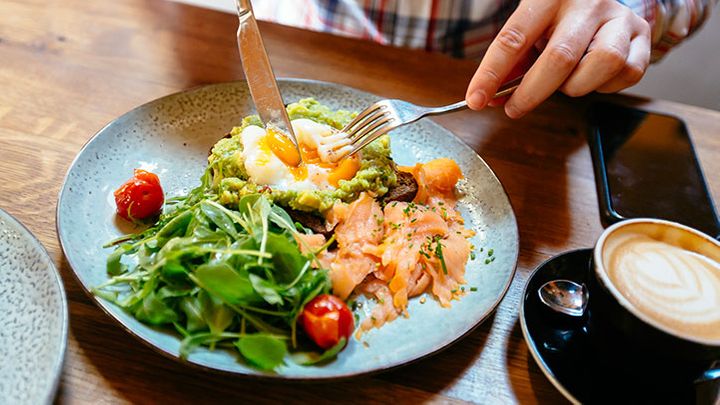Diet for Inflammatory Bowel Disease
There is no one-size-fits-all diet for inflammatory bowel disease (IBD), as each person may have different dietary needs. However, there are some general tips that may help people with IBD to manage their symptoms and reduce flares.
Some suggested dietary changes for people with IBD include eating more fiber-rich foods, avoiding high-fat and processed foods, and increasing intake of anti-inflammatory foods such as omega-3 fatty acids.
It is also important to stay hydrated by drinking plenty of fluids, and to eat smaller meals more frequently throughout the day. Some people with IBD may need to take special care to get enough nutrients if they are not able to eat a balanced diet. Supplementation or tube feeding may be necessary in these cases.
If you suffer from inflammatory bowel disease (IBD), you may be wondering what the best diet is for you. The truth is that there is no one-size-fits-all answer, as everyone’s IBD is different. However, there are some general dietary guidelines that can help you to manage your symptoms and feel your best.
Firstly, it is important to make sure that you are getting enough calories and nutrients. This can be a challenge when dealing with IBD, as diarrhea and vomiting can lead to weight loss and malnutrition. A registered dietitian can help you to create a balanced meal plan that meets your needs.
Secondly, it is important to avoid trigger foods. Everyone’s triggers are different, but common ones include spicy foods, high-fat foods, dairy products, and glutenous grains. If you’re not sure what your triggers are, keep a food diary and pay close attention to when your symptoms flare up.
Finally, stay hydrated! Dehydration is a common complication of IBD, so it’s important to drink plenty of fluids throughout the day (aim for 8 cups per day). Sip slowly at first if you’re prone to diarrhea, and try adding electrolytes like potassium or magnesium to replenish lost minerals.
What is the best diet for inflammatory bowel disease?
What is the Best Diet for Inflammatory Bowel Disease?
There is no one “best” diet for inflammatory bowel disease (IBD), as each person may have different dietary needs and preferences. However, some general tips that may help include avoiding trigger foods, eating smaller meals more frequently, and choosing nutrient-rich foods. Additionally, it is important to stay hydrated by drinking plenty of fluids.
Some specific recommendations for IBD patients include a diet high in fiber, low in fat, and moderate in protein. It is also important to avoid processed foods, artificial sweeteners, and alcohol. If you are having trouble managing your symptoms with diet alone, you may want to speak with a registered dietitian or your doctor to develop a more personalized plan.
What Foods Aggravate Inflammatory Bowel Disease?
There are a few different foods that can aggravate inflammatory bowel disease. These include spicy foods, fatty foods, processed meats, and alcohol. While there is no one specific food that will trigger a flare-up for everyone with IBD, it is important to be aware of which foods might trigger symptoms for you.
If you find that certain foods make your symptoms worse, it may be best to avoid them or eat them in moderation.
What Foods are Anti Inflammatory for Intestines?
There are many foods that can help reduce inflammation in the intestines. Some of these include: omega-3 fatty acids, probiotics, fiber, ginger, and turmeric. Omega-3 fatty acids are found in fish oil and can help to decrease inflammation throughout the body.
Probiotics are live bacteria that are found in yogurt and other fermented foods. They can help to restore balance in the gut and reduce inflammation. Fiber is found in fruits, vegetables, and whole grains and can help to bulk up stool and improve bowel movements.
Ginger has anti-inflammatory properties that can help to soothe the digestive system. Turmeric is another spice with anti-inflammatory effects that can be helpful for those with inflammatory bowel diseases.
How Can I Reduce Bowel Inflammation?
There are a few things you can do to help reduce bowel inflammation. First, eat a healthy diet that includes plenty of fruits, vegetables, and whole grains. Avoid processed foods, sugary drinks, and red meat.
Second, get regular exercise. Third, take probiotics or eat yogurt with active cultures to help maintain a healthy balance of bacteria in your gut. Finally, if you’re smoking cigarettes, stop.
Smoking is a major risk factor for inflammatory bowel disease.

Credit: wexnermedical.osu.edu
Foods That Reduce Intestinal Inflammation
There are a number of foods that can help to reduce intestinal inflammation. These include probiotic-rich foods such as yogurt and sauerkraut, as well as anti-inflammatory spices such as ginger and turmeric. omega-3 fatty acids found in fish oil and certain nuts and seeds also have anti-inflammatory effects.
Anti Inflammatory Diet for Ulcerative Colitis
There is no one-size-fits-all diet for ulcerative colitis, but some people find that an anti-inflammatory diet may help to reduce symptoms. This type of diet focuses on eating foods that are thought to have anti-inflammatory properties, such as omega-3 fatty acids, antioxidants, and fiber. Some research suggests that an anti-inflammatory diet may help to reduce the risk of flare-ups and improve quality of life for people with ulcerative colitis.If you’re interested in trying an anti-inflammatory diet, work with a Registered Dietitian Nutritionist (RDN) to develop a plan that fits your individual needs and preferences.
Ibd Foods to Avoid
There are many different types of food that can trigger IBD flare-ups. Some common triggers include spicy foods, fatty foods, and processed foods. Avoiding these triggers is the best way to keep your IBD under control.
Talk to your doctor or dietitian about which foods you should avoid.
Conclusion
There are many different diets that can help with Inflammatory Bowel Disease. The best diet for you may vary depending on the severity of your disease and other factors. Work with your doctor to figure out the best diet for you.



